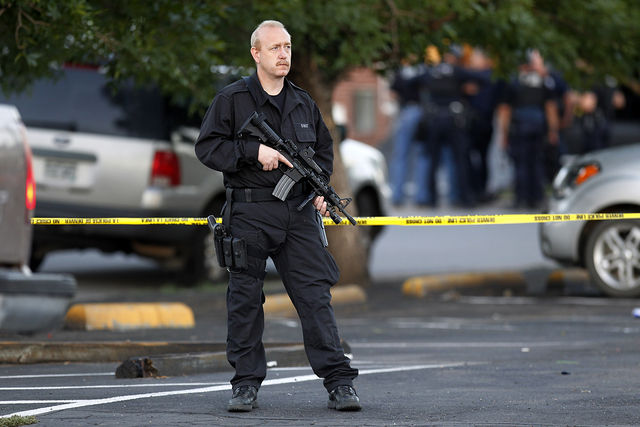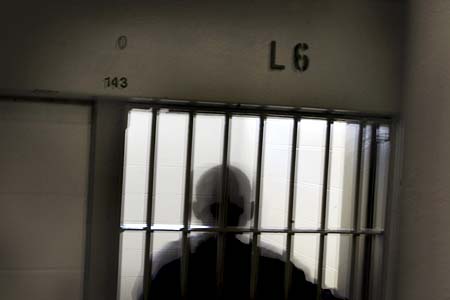
I learned this past weekend that the adult son of a friend had died. This young man had been diagnosed with schizo -affective disorder and had been ill since childhood.
It is always difficult to know what to say to parents who have lost a son or daughter. My own parents lost my sister in a car accident when I was fourteen. That accident happened more than fifty years ago. Still, not a day goes by when they don’t think of her.
It might be an old custom but I went to my friend’s house as soon as I heard about his son’s death. I’d met this friend at our local National Alliance on Mental Illness meetings and when I saw him, I asked if he would show me photographs of his son since I’d never met him.







